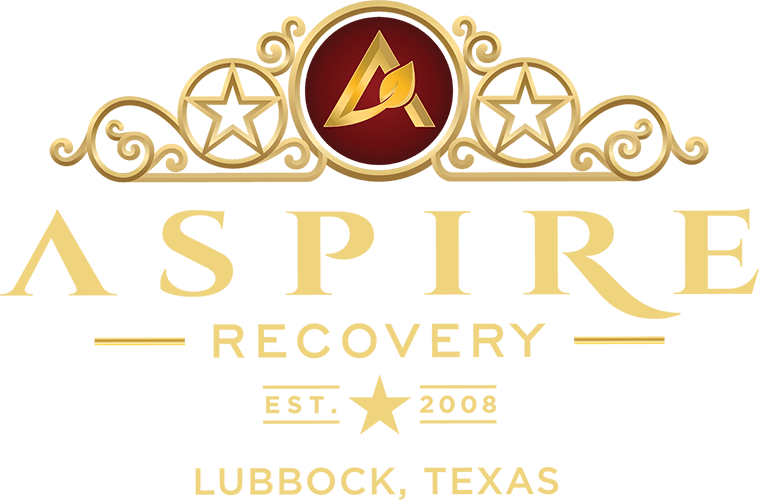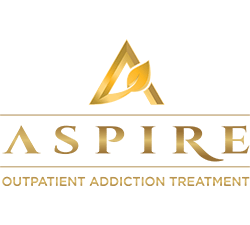Acceptance and Commitment Therapy
Acceptance and Commitment Therapy: Undoing All-Or-Nothing Thought Patterns
Acceptance and commitment therapy allows the individual to be more flexible in how they deal with life challenges by accepting the current situation instead of trying to control it. Many times clients have a tendency to try to control systematically out of their control. This is done through lying, manipulation and other unhealthy behaviors. Many clients report that early in their addictions they were able to alter situations through these behaviors but as their addiction progressed these attempts at control began to fail. This creates a desperation for control which is not achievable. In order to succeed in long term recovery clients must begin to develop a skills set which helps them accept situations instead of attempts at manipulation.
Developing Acceptance
Understanding the difference between construction action and attempts at manipulation are keys to acceptance and commitment therapy. When a client finds themselves in an unfavorable situation, it is important that they are able to accept it completely. This acceptance is the cornerstone to beginning positive action through constructive planning.
Resiliency Through Acceptance
The individual also is able to choose the values they want to live by and make a commitment to living in a manner consistent with these values. The overall goal is for the individual to become more "psychologically flexible" to life circumstances. When individuals become flexible to situations then there is no all-or-nothing thought patterns. By doing away with a single minded mentality, individuals are able to learn from mistakes and change behaviors to create more favorable outcomes.
When Acceptance and Commitment Therapy is used alongside other therapies we practice clients are able to dynamically grow from the person they were upon entering treatment. This full spectrum approach of addiction treatment is one of the many things that sets Aspire of Texas apart from other addiction treatment centers in America.



